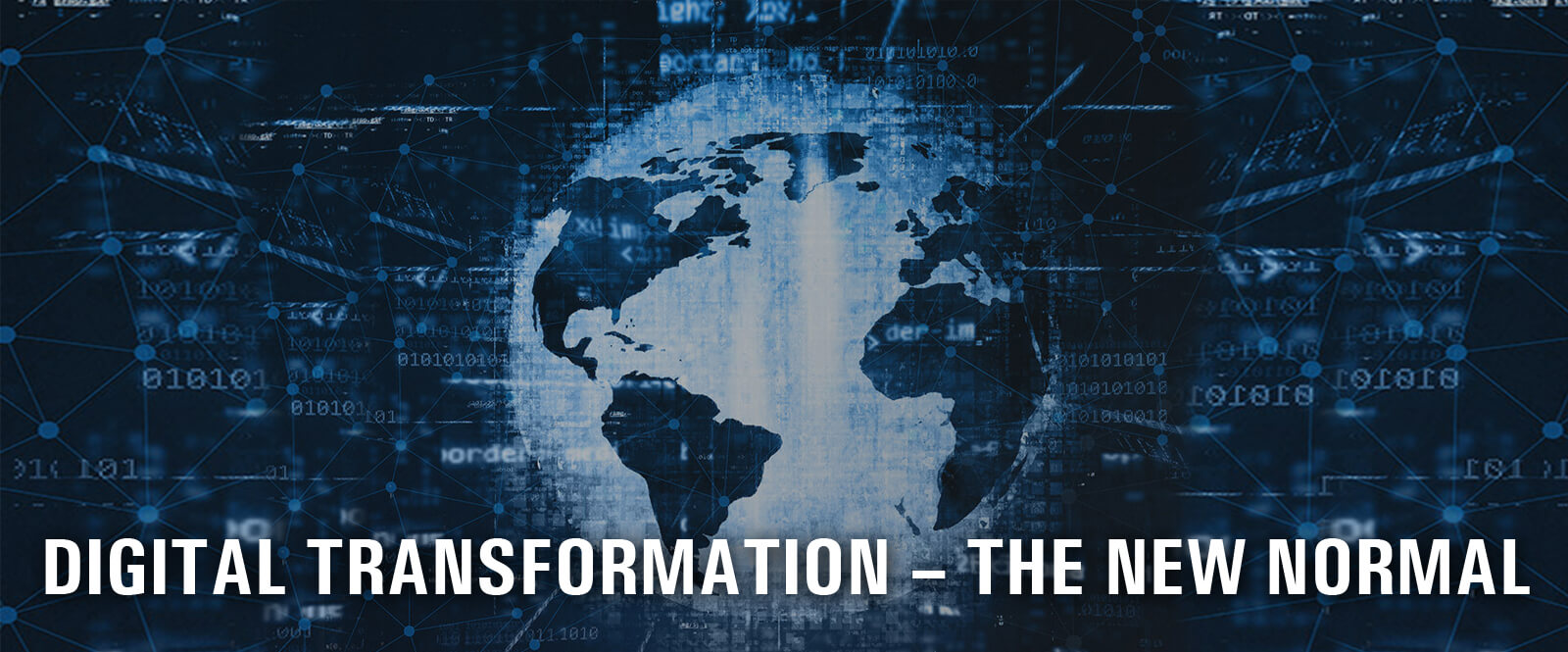Speak to our Headhunter

If the pre-coronavirus environment was quick enough, the luxury of time now seems to have vanished entirely. Businesses that used to plan their digital strategies in one- or three-year increments now have to scale their campaigns in days or weeks.
According to one European study, roughly 70% of executives from Austria, Germany, and Switzerland believe the pandemic would hasten their digital transformation. The acceleration is already visible through industries and geographies. Consider how Asian banks have seamlessly transitioned their physical networks to the internet. How healthcare providers, insurers, and retailers have embraced telehealth, self-service claims assessment, and contactless shopping and delivery.
The COVID-19 crisis appears to provide a peek into a potential world in which digital has become integral to all interactions, prompting both businesses and individuals to accelerate their adoption curves almost overnight. An environment in which digital platforms are the main (and, in some cases, only) means of customer interaction, and automated processes are the primary driver of productivity—and the foundation of agile, open, and reliable supply chains. An environment that was adapting to seemingly regular shifts in consumer behaviour necessitates the use of agile operating methods.
If there is a silver lining, it could be the lowering of barriers to improvisation and experimentation by consumers, markets, regulators, and organizations. Companies can learn and advance faster than ever before at this specific time. The way they learn from and respond to today’s crisis will have a significant impact on their success in tomorrow’s altered environment, allowing them to maintain greater resilience and stronger relations with consumers, employees, and suppliers. Many are willing to make improvements that “stick” is more likely to be effective during rehabilitation and beyond.
Now is the time to rethink your digital strategies, both those that support staff, consumers, and the wide range of stakeholders to whom companies are increasingly accountable, and those that help you prepare for a post-crisis environment. Some objects in this universe will revert to their original state, while others will be permanently altered. Playing it safe right now, as tempting as it might be, is frequently the worst choice.
COVID-19 can trigger both short- and long-term disturbances in these areas. During the pandemic, the virus wreaked havoc on the industries with the highest overall physical proximity scores: medical care, personal care, on-site customer service, leisure and travel. Work arenas with higher physical proximity scores are more likely to be unsettled in the long run, but proximity isn’t the only factor.
Frontline staff in department stores, banks, and post offices, for example, are part of the on-site customer service arena. Working in this field necessitates on-site presence and involves regular contact with strangers. Some of this work has moved to e-commerce and other digital transactions, which is a long-term trend.
In hotels, restaurants, airports, and entertainment venues, customer-facing employees operate. Workers in this arena deal with large groups of strangers regularly. Most leisure venues were forced to close by COVID-19 in 2020, and airports and airlines were forced to operate on a restricted basis. Longer-term, the transition to remote work and associated reductions in business travel, as well as automation in some occupations, such as food service, may reduce labour demand in this sector.
Construction sites, fields, residential and commercial grounds, and other open spaces all fall under the category of outdoor development and maintenance. COVID-19 had little effect because study in this arena necessitates proximity and little contacts with others, as well as taking place entirely outside. In China and India, this is the most important arena, accounting for 35 to 55 per cent of their workforces.